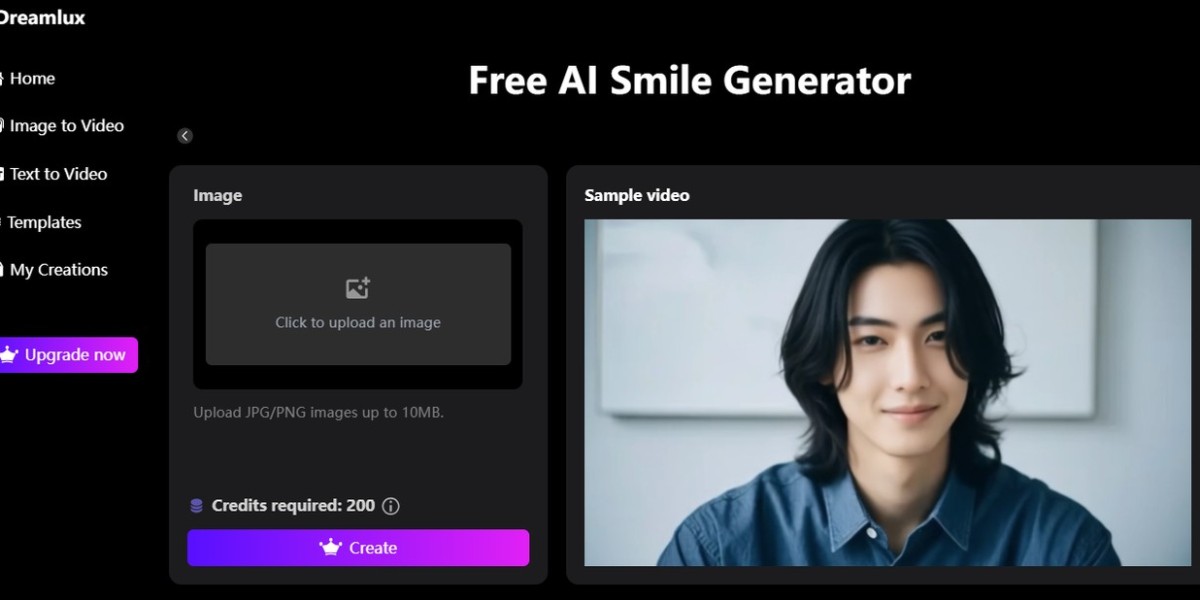Meta's AI to Leverage EU User Data for Model Training
Meta has unveiled plans to harness publicly shared content from its adult users in the European Union (EU) to enhance its artificial intelligence models. This strategic move is aimed at improving the cultural relevance and functionality of its AI systems for the diverse EU demographic.
The initiative follows the introduction of Meta AI features in Europe, marking a pivotal step toward refining AI-driven tools specifically tailored for EU users. Meta stated, “Today, we’re announcing our plans to train AI at Meta using public content – like public posts and comments – shared by adults on our products in the EU. People’s interactions with Meta AI – such as questions and queries – will also contribute to enhancing our models.”
Commencing this week, EU users on platforms like Facebook, Instagram, WhatsApp, and Messenger will be informed about this data usage through notifications. These alerts, both in-app and via email, will elaborate on the types of public data involved and provide access to an objection form.
“Our objection form is designed to be accessible, comprehensible, and easy to use. We will respect all previously received and newly submitted objection forms,” Meta clarified.
Meta emphasized that specific data types are exempt from AI training. Notably, private messages exchanged with friends and family will not form part of the generative AI models' training datasets. Additionally, public data originating from users under 18 in the EU will be excluded.
Meta’s Commitment to EU-Centric AI Tools
Meta's approach underscores its commitment to cultivating AI tools that resonate with EU users. By rolling out an AI chatbot across its messaging apps in Europe, the company aims to tailor these services further through enriched data utilization.
“Our responsibility is to craft AI that Europeans not only have access to but is also developed with their unique cultural nuances in mind,” Meta noted. This includes adapting to regional dialects, colloquialisms, and localized senses of humor.
As AI models advance to include text, voice, video, and imagery capabilities, ensuring that they are reflective of the diverse EU cultures becomes increasingly crucial. Meta acknowledged the broader industry practice of employing user data for AI training, pointing to similar practices by Google and OpenAI. “Our approach prioritizes transparency, exceeding that of many industry peers,” Meta claimed.
Despite Meta's assurances, privacy advocates raise concerns over the expansive use of public user data from social media. Issues include the ambiguity of what constitutes “public” data, the opt-out consent mechanism, inherent AI biases, copyright implications, and opaque data handling processes. The practice highlights the critical importance of user-generated content in the AI economy, fueling ongoing debates about data privacy and ethics.
As the conversation on data privacy and ethical AI development evolves, understanding the broader implications of technology giants' practices remains vital.
The Future of AI in Video Content Creation
In today’s fast-paced digital world, video remains the most powerful tool for communication and storytelling. Whether you're a content creator or someone who simply loves sharing life’s moments, producing captivating videos is key to standing out online. However, traditional video production often comes with steep learning curves, high costs, and time-consuming edits.
That’s where the evolution of the AI video generator truly shines.
With platforms like Dreamlux, anyone can turn simple photos or prompts into polished, animated videos in just minutes—no editing skills required. From seamless transitions to expressive effects, these tools streamline content creation while fueling creativity in ways never before possible.
And beyond automation, AI is now enhancing something even more powerful: emotional expression.
Enter the World of AI Smile Generator
Among the growing list of playful and heartwarming AI features, the AI Smile Generator stands out for its simplicity and charm. Using advanced facial recognition and generative models, this tool brings your photos to life—adding a natural, radiant smile to faces with stunning realism.
Whether you're updating a portrait, enhancing a memory, or just curious to see someone’s happier side, the AI Smile Generator transforms still images into lively, expressive visuals. It’s a subtle yet powerful way to inject warmth and positivity into your content—perfect for social media posts, digital gifts, or just brightening someone’s day.
How to Use Dreamlux AI Smile Generator
Creating a photo that beams with joy is easier than ever with Dreamlux. Just follow these steps:
- Visit the official https://dreamlux.ai and click on "Templates"
- Select the "Free AI Smile Generator" from the available effects
- Upload a clear portrait of the person you’d like to see smiling
- Click "Create", and within seconds, the AI will deliver a vivid, heartwarming version of the image—complete with a lifelike smile
With Dreamlux, even the smallest expression can become a memorable, shareable moment.







